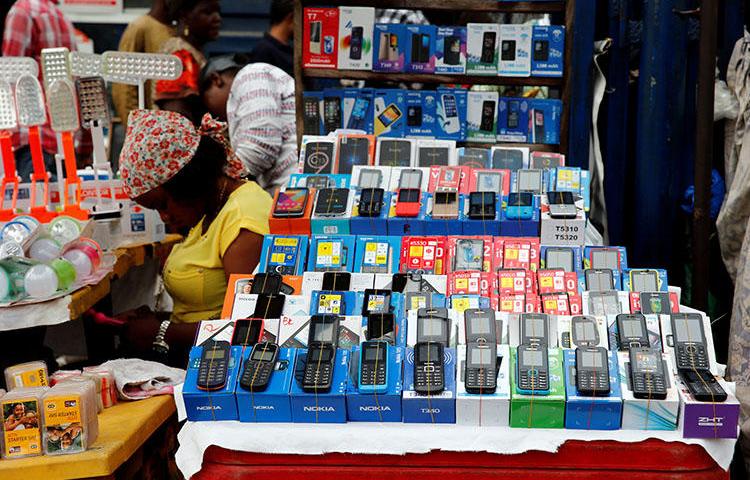
How Nigeria’s police used telecom surveillance to lure and arrest journalists
As reporters for Nigeria’s Premium Times newspaper, Samuel Ogundipe and Azeezat Adedigba told CPJ they spoke often over the phone. They had no idea that their regular conversations about work and their personal lives were creating a record of their friendship.

Colombian magazine Semana alleges military spied on its journalists
Bogotá, January 13, 2020 – Colombian authorities must undertake an in-depth and transparent investigation into allegations that the military illegally spied on journalists, and ensure those responsible are brought to justice, the Committee to Protect Journalists said today.

US-Nigerian Sahara Reporters website reports assets frozen amid surveillance, censorship
New York, December 10, 2019—Nigerian authorities should halt all efforts to intimidate journalists working with the U.S.-headquartered, Nigeria-focused Sahara Reporters news website and ensure they are permitted to continue working to report the news, the Committee to Protect Journalists said today.
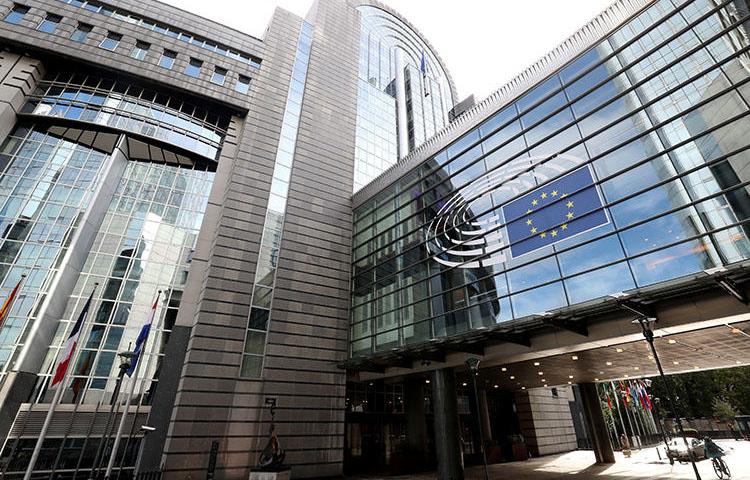
European Parliament must push for safeguards for journalists in ‘e-evidence’ proposal
Brussels, October 30, 2019—The Committee to Protect Journalists expressed concern today that a proposed European Union regulation on law enforcement access to electronic data lacks sufficient safeguards for journalists. The Regulation on European Production and Preservation Orders is known as the “e-evidence proposal.”
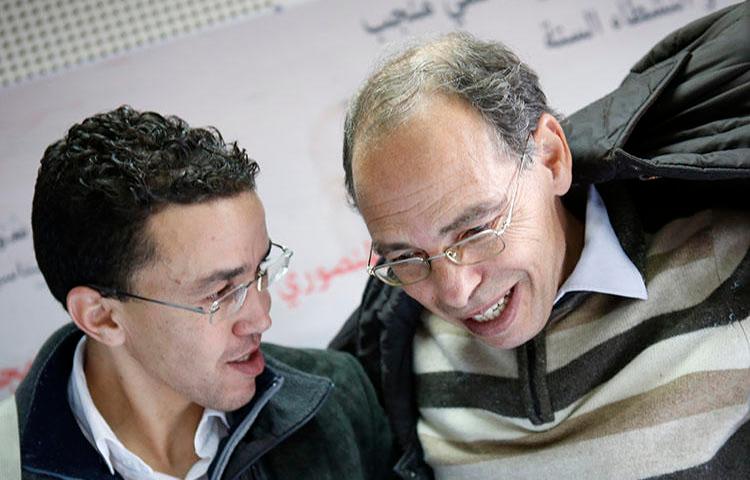
Q&A: Moroccan press freedom advocate and NSO Group spyware target Maati Monjib
Pegasus, the cellphone spyware tool sold by the Israeli firm NSO Group, is one of the most powerful surveillance systems governments can buy, experts say. Researchers who study it have detected “45 countries where Pegasus operators may be conducting surveillance operations,” and detailed its capabilities: whoever tricks the target into clicking on a link that…

Israel eased export controls on surveillance technologies amid criticism
New York, August 22, 2019–Israeli officials confirmed that, under a rule change by the Defense Ministry, Israeli surveillance companies are able to obtain exemptions on marketing license for the sale of some products to certain countries, Reuters reported today. It is not clear which companies, and which products, were impacted; however, Reuters reported that the…
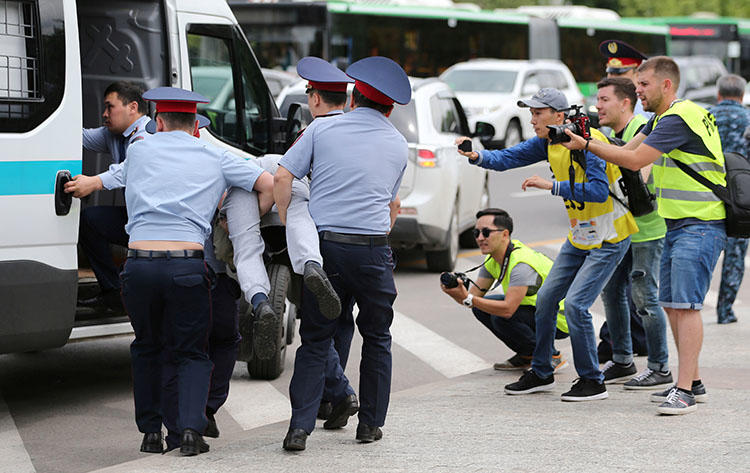
Kazakhstan’s move to control internet prompts censorship, surveillance concerns
A state-controlled internet service provider in Kazakhstan is requiring at least some of its subscribers to submit to having their internet traffic intercepted when they use specific websites–including social media sites, email and messaging services, and Google News, according to research published this week by Censored Planet, a project at the University of Michigan.

Kazakhstan government-backed security certificate raises censorship, surveillance concerns
New York, July 22, 2019 — Telecommunications providers in Kazakhstan’s capital, Nur-Sultan, have requested internet users to install a security certificate issued by government authorities onto their personal devices, which could compromise their digital security, according to a report by the BBC and Adil Nurmakov, a political scientist and digital media expert based in Nur-Sultan,…
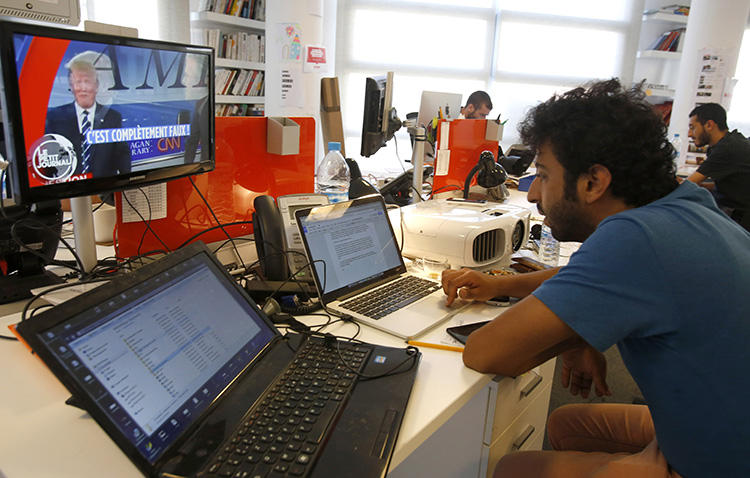
Moroccan independent journalists describe climate of pervasive surveillance, harassment
In March 2015, Hicham Mansouri emailed an anti-malware company, suspicious of possible signs that someone was able to access his device remotely, without permission. He remembers exchanging a few messages with the software company, but the correspondence was interrupted after a few days, when around 10 police officers in civilian clothes arrived at his home…

CPJ Safety Advisory: Covering the European Games in Belarus
The second European Games is scheduled to take place in Minsk, Belarus, from June 21 to June 30. Local and international journalists covering the Games should be aware of media regulations, the potential for data theft, and the risk of a digital security breach.